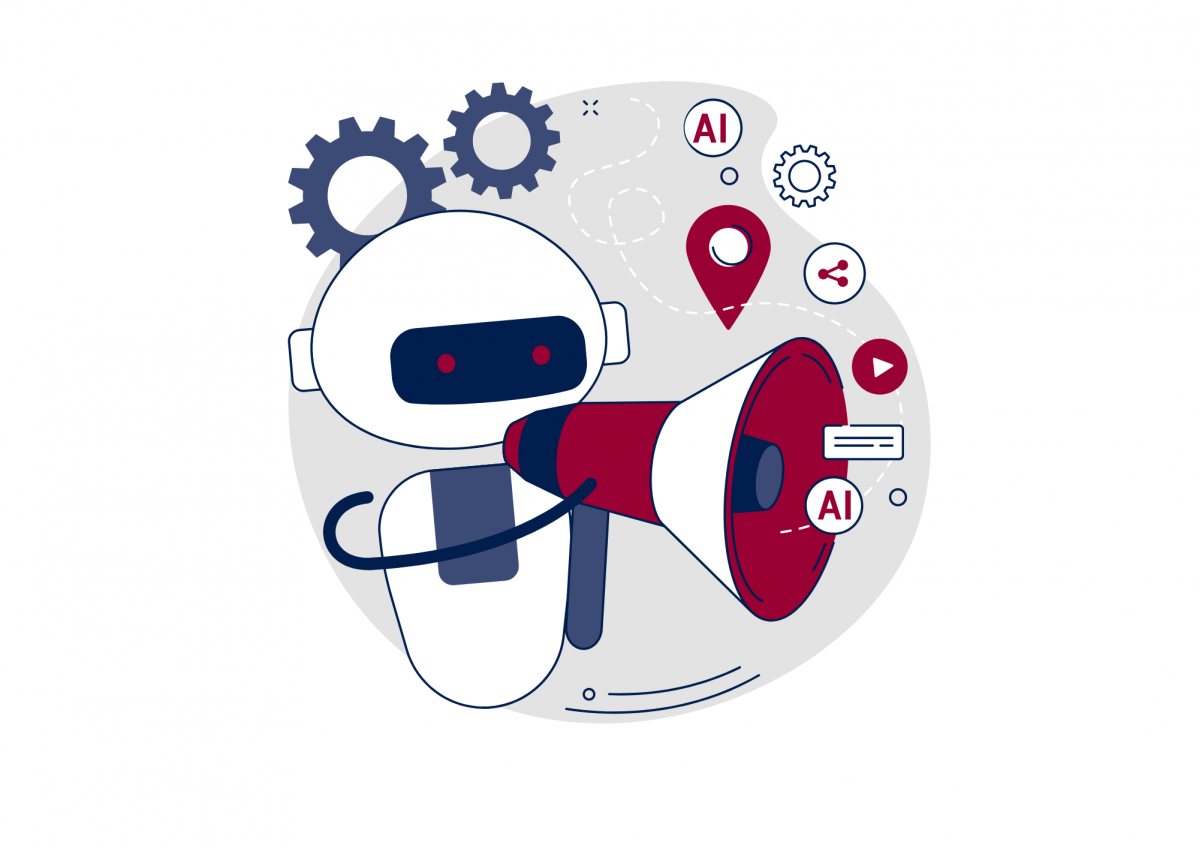Need for training and supervision to promote ethical behaviour
Most teachers are unfamiliar with generative AI: 2 out of 3 teachers (65%) do not use generative AI, including 1 in 10 teachers (9%) who do not know these tools at all.
A (too) large number of students consider it acceptable to have their work written by ChatGPT: more than 1 in 4 students (28%) consider it acceptable to write paragraphs of their assignment for them using AI.
93% of teachers and 79% of students believe that measures should be put in place to regulate the use of text-generating AI in education.
It is becoming essential to effectively recognise texts written by a human and those generated by artificial intelligence.
"Not being able to differentiate between what is produced by the student and what comes from the AI, for assessments in particular."
Teacher - 35-44 years old - Health and social
"When you spend a day doing the work normally with a search engine, comparing sources, etc... and your classmate folds it into 1 hour with chatGPT, it's pretty depressing. Especially when he gets a higher mark, why bother ethically?"
Student - 18-21 years old - Engineering
AI, a way of boosting grades: 63% of teachers think that AI enables students to get better grades and almost half (47%) of AI-using students say that they get better grade thanks to its use.


